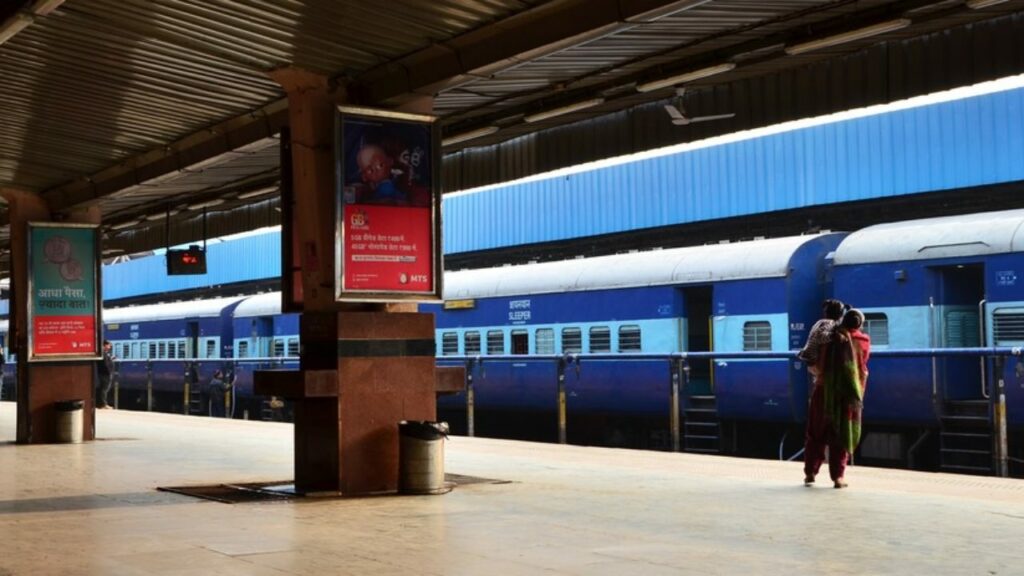
Indian Railways are plagued with issues like unclean and unsanitary train toilets. To resolve this, one of the largest railway network is exploring the application of Internet of Things (IoT) technology, novel cleaning agents, and standardized watering systems.
Innovative Solutions for Railway Sanitation
Senior officials privy to the development discussed this in a meeting, which transpired as a result of multiple complaints received through the Rail Madad app.
There have been plenty four odor complaints reported on the Rail Madad app. In the light of this, Railway Board has proposed testing new IoT-based sensors to detect foul smells.
A Mumbai-based startup specializing in odor monitoring, Viliso Technologies has been entrusted with this task. The effectiveness of this solution shall be evaluated in the specific coaches of Linke Hofmann Busch and Integral Coach Factory variants, including the premium Vande Bharat (VB) sleeper variant trains.
Notably, this train shall also feature showers with hot water in first AC category cars.
In addition to this, the railways are also planning to introduce new cleaning agents to improve sanitation standards.
Enhancing Railway Infrastructure and Efficiency
Suggested by Pune-based Dimple Chemicals & Services due to its effectiveness in eliminating odor-causing bacteria, the Clonon concentrate is being evaluated for cleaning train toilets, platforms, and offices.
The revamping of watering system in order to minimize passenger inconvenience is also on the list of railway authority.
There are infrastructure deficiencies, highlighted by the Centre for Advanced Maintenance Technology which hinders the movement of workers during the water-filling process.
The report suggests implementation of designated pathways for water-filling staff so that operational efficiency is enhanced and so are the safety standards across the railway network.
With increase in passengers, the water consumption also increases. Hence, the company has proposed extending the water filling time for one rake from 10 to 15 minutes, with a detailed trial planned to assess manpower and time requirements.












